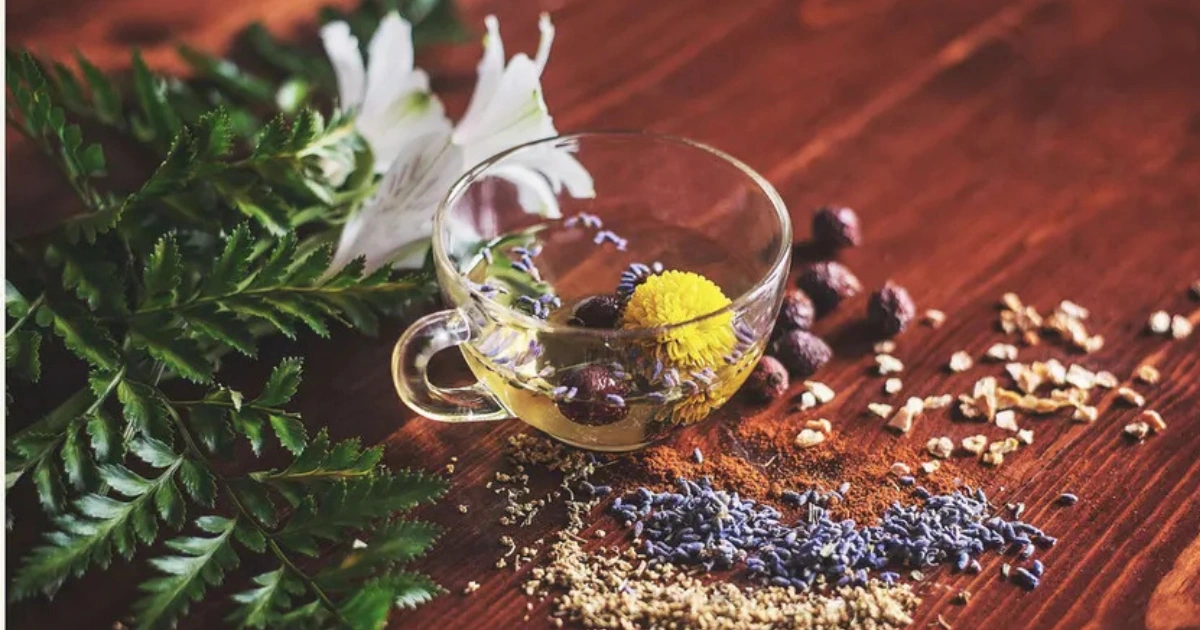Euphorbia thymifolia is a small medicinal plant traditionally used in Ayurvedic and folk medicine for a wide variety of conditions. Although it appears delicate, its leaves and latex contain potent bioactive compounds with antibacterial, anti-inflammatory, antiparasitic, and bronchodilating effects. In recent years, the plant has gained more attention as a natural support for asthma, skin health, digestion, and immunity. This article explores its key benefits, traditional uses, and safe ways to incorporate it into a wellness routine.
Primary keyword: Euphorbia thymifolia benefits
What Is Euphorbia thymifolia?
Euphorbia thymifolia, also known as red milkweed or laghududhika in Ayurveda, is a low-growing herb that produces a characteristic white latex. It thrives in warm climates and has been used for centuries as a natural remedy. Traditional systems regard it as a plant that balances the body, supports respiratory function, and assists the immune and digestive systems.
Major Euphorbia thymifolia Benefits

Skin Health
One of the most valued Euphorbia thymifolia benefits is its effect on the skin. The plant contains antibacterial and antifungal compounds that help soothe irritations, reduce infections, and support the healing of minor wounds. When applied topically as a poultice or infused oil, it can calm redness, itching, and microbial imbalances on the skin’s surface.
Respiratory Support
Euphorbia thymifolia is widely recognized for its traditional use against asthma, bronchitis, and respiratory congestion. Herbal infusions or steam inhalations made from the plant help open the airways and support easier breathing. Its mild bronchodilating effect assists those who experience tightness in the chest, while its expectorant properties help clear mucus.
Digestive Balance
The herb has long been used to ease diarrhea and discomfort caused by intestinal parasites. Its natural compounds calm inflammation in the digestive tract and help restore intestinal balance. Traditional remedies use small, carefully measured amounts of the plant to cleanse the gut and support overall digestive comfort.
Menstrual Regulation
In many cultures, Euphorbia thymifolia is taken to help regulate the menstrual cycle and reduce cramping. Its soothing effects on smooth muscles may help relieve spasms and improve comfort during menstruation. By supporting hormonal balance, it contributes to a more stable menstrual rhythm.
Immune System Strength
The plant is rich in natural antioxidants that protect cells from oxidative stress and support immune defenses. Regular use in tea or infusion form is believed to help strengthen the body’s natural resistance to infections, especially during seasonal changes.
Anti-Inflammatory Action
One of the most notable Euphorbia thymifolia benefits is its anti-inflammatory potential. The plant may help reduce joint discomfort, swelling, and irritation caused by inflammatory conditions. It is often used in combination with other herbs to support mobility and reduce stiffness.
How to Use Euphorbia thymifolia
Euphorbia thymifolia can be used in several forms depending on the need:
- Tea or infusion: Often used for digestion, immunity, and respiratory support.
- Steam inhalation: Beneficial for asthma, bronchitis, and nasal congestion.
- Topical application: Fresh leaves or infused oils may be applied to the skin for minor irritations or infections.
The plant is potent, so dosage should always be conservative. Consulting a qualified herbalist is recommended, especially for long-term use.
Safety Considerations
Although natural, Euphorbia thymifolia contains latex and bioactive compounds that can be irritating when used improperly. Important precautions include:
- Avoid applying raw latex directly to the skin.
- Do not use during pregnancy or breastfeeding without professional guidance.
- Start with very small amounts when preparing tea or remedies.
- Keep out of reach of children.
Anyone with chronic respiratory or digestive conditions should discuss herbal use with a healthcare provider.
FAQ on Euphorbia thymifolia
Does it cure asthma?
It does not cure asthma but may help reduce symptoms such as tightness, coughing, and mucus buildup thanks to its bronchodilating and soothing effects.
Can it be used daily?
Only in small, controlled amounts. Long-term or excessive use is not recommended without herbal guidance.
Is it safe for the skin?
Yes, when used correctly. Infused preparations are safer than direct latex application.
Does it help with immunity?
Yes, its antioxidants and antimicrobial compounds naturally support immune defenses.
Is it effective against parasites?
Traditionally, it has been used to help eliminate intestinal parasites and calm inflammation from infections.
Internal Link Suggestions (if used on a website)
- Herbal remedies for respiratory health
- Natural ways to strengthen immunity
- Traditional medicinal plants and their uses
High-authority external sources (optional references)
- National Center for Biotechnology Information (research on Euphorbia species)
- World Health Organization monographs on herbal medicine
- PubMed articles on plant-based anti-inflammatory compounds
If you want, I can also create a short version, a Pinterest-style graphic, a multilingual rewrite, or a social-media caption.

